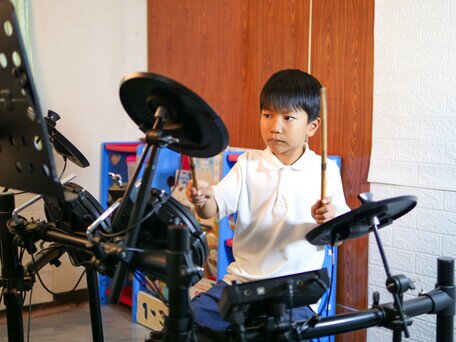Assessing the relationships between Chinese students’ feedback orientation, feedback literacy and learning engagement: A Structural Equation Modeling Approach
- Project Scheme:
- General Research Fund
- Project Year:
- 2023/24
- Project Leader:
- Dr YANG , Lan
- (Department of Curriculum and Instruction)

Enhancing their feedback orientation to value and to take responsibility for responding to teacher feedback would contribute to students' feedback literacy.
In education, feedback is one of the most powerful influences on student learning and achievement, which is evident by the influential synthesis studies of big data by Hattie (2009, 2017). In particular, in the 2017 study of over 4,000 meta-analyses (including over 300 million students across different educational levels), feedback was identified as one of the most powerful influences on achievement with a high effect size (d =.70) as compared to an average effect size (d =.40) generated from over 200 influences on student achievement. Recently, the meta-analysis by Wisniewski et al. (2020) of 435 studies highlighted that high information feedback that contains information on self-regulation during the learning process appears to be the most effective (d =.99) type compared to others. However, researchers also found the effects of feedback on student achievement also vary considerably (e.g., Hattie & Clarke, 2018; Yang, 2012). "Whilst it’s one of the most powerful, it’s also most variable" commented by Hattie (2018).
To explore the paradox power of feedback, an increasing number of studies call for more research into understanding the perspective of feedback perceptions, processes, practices, and learning engagement of students (Winston & Careless, 2019, 2020; Yang et al., 2021). To examine the perspective of students in this study, we will use the self-system processes conceptual model extended to the context of feedback by the Principal Investigator (PI) (Yang & Yang, 2018) from previous research (Connell & Wellborn, 1991). This model will guide this study to explore the relationship between feedback orientation, feedback literacy, learning engagement, and outcomes. In this model, students could practice self-determination in making evaluative judgements of teacher feedback through the underlying mechanisms of feedback perceiving, processing, and practising as key mechanisms conceptualised in feedback orientation and feedback literacy. Based on this model, we hypothesise feedback orientation and feedback literacy have a further impact on students' engagement and learning outcomes.
In this study, we will focus on studying Chinese senior secondary school students. The examination-oriented/summative assessment cultures in Hong Kong and mainland China have long been debated over and criticised. To address the detrimental effects of high stake examinations on students’ psychological factors, in recent years, Hong Kong has launched an assessment policy encouraging formative assessment (in which feedback is the core part). There is also an increasing awareness and implementation practices of formative assessment in mainland China's education system. Given this background, the key findings of this study will enrich the current field of assessment by adding data gathered from Chinese students. Based on statistical power analysis, we will invite a sample of 800 senior secondary school students from Hong Kong and mainland China (400:400). We will use a structural equation modelling (SEM) approach to analyse data based on the conceptual model (see Figure 1 in the proposal).
Key findings of this study will expand the current scope of feedback research by unraveling the power of teacher feedback through explicitly examining the relationships between the feedback orientation, feedback literacy, learning engagement, and outcomes of students by using a quantitative research method. Feedback literacy as an emerging sub-research area of feedback (Carless & Boud, 2018) has been discussed mainly in conceptual papers and explored in qualitative studies with various generalisability limitations.
Our focus on the perspective of students will bring students’ insights to inform teaching and learning. For students, it is essential to educate them to be feedback literate individuals. Enhancing their feedback orientation to value and to take responsibility for responding to teacher feedback would contribute to students' feedback literacy. For teachers, the results will help them design and provide effective feedback that students feel is useful and capable of being used to improve their academic performance and achievement through learning engagement. Key findings and measurements from this study will also serve as a reasonable basis for further development of interventions to harness the power of feedback to maximise the productive learning of students.








